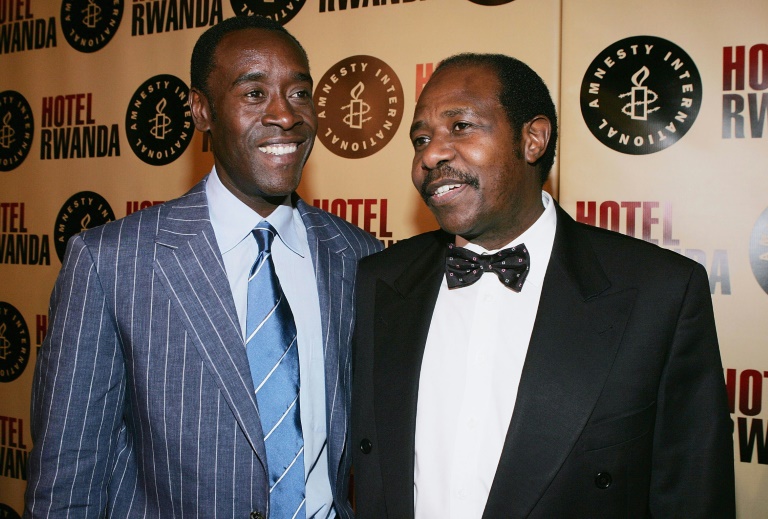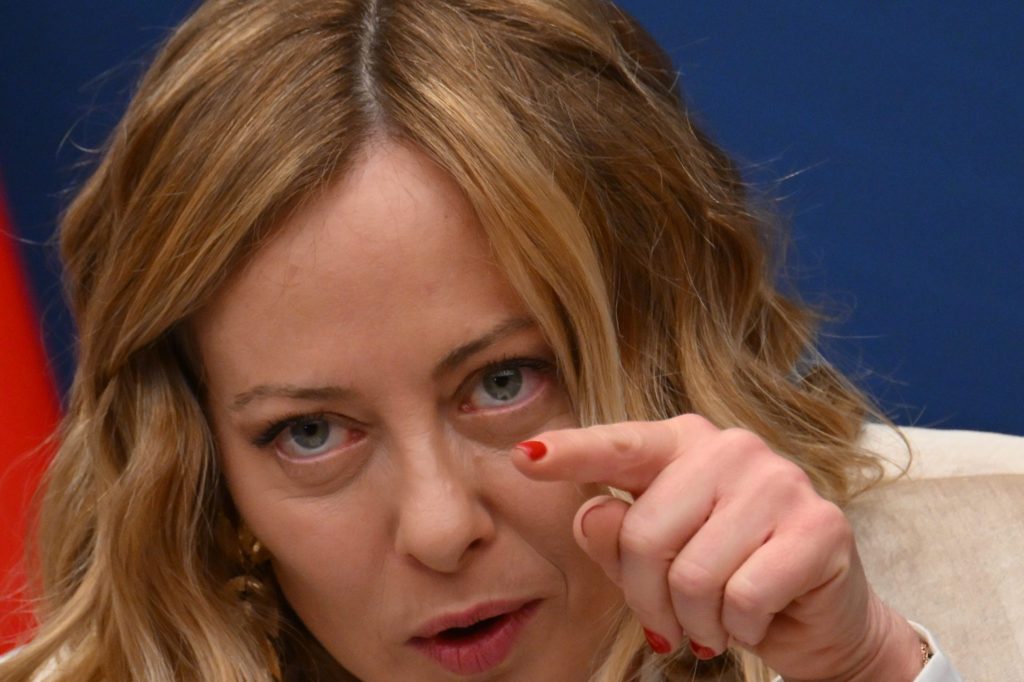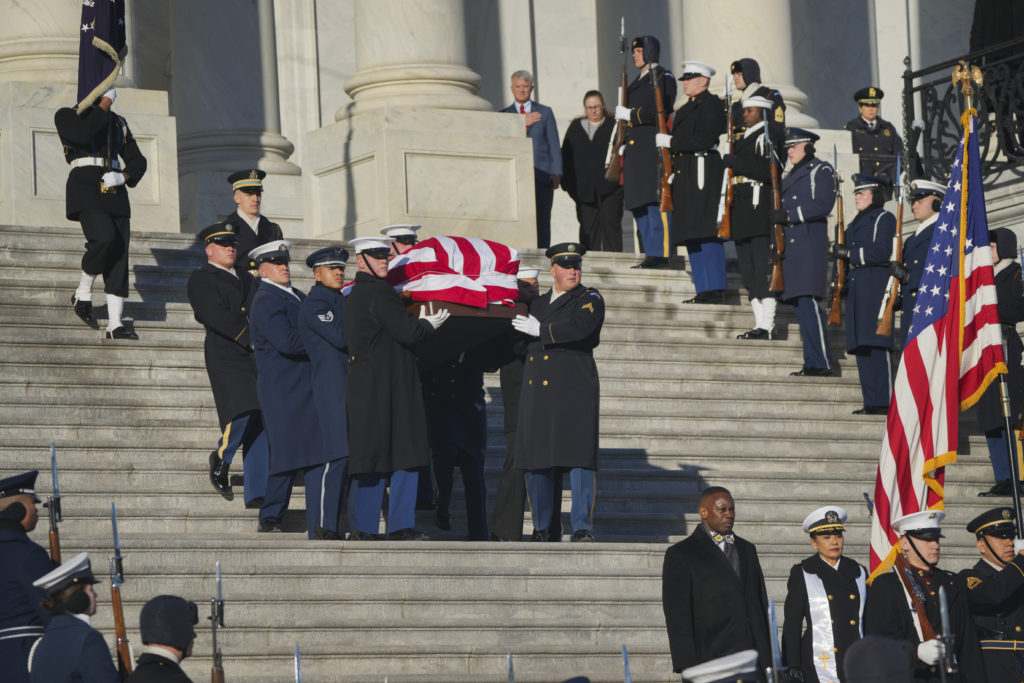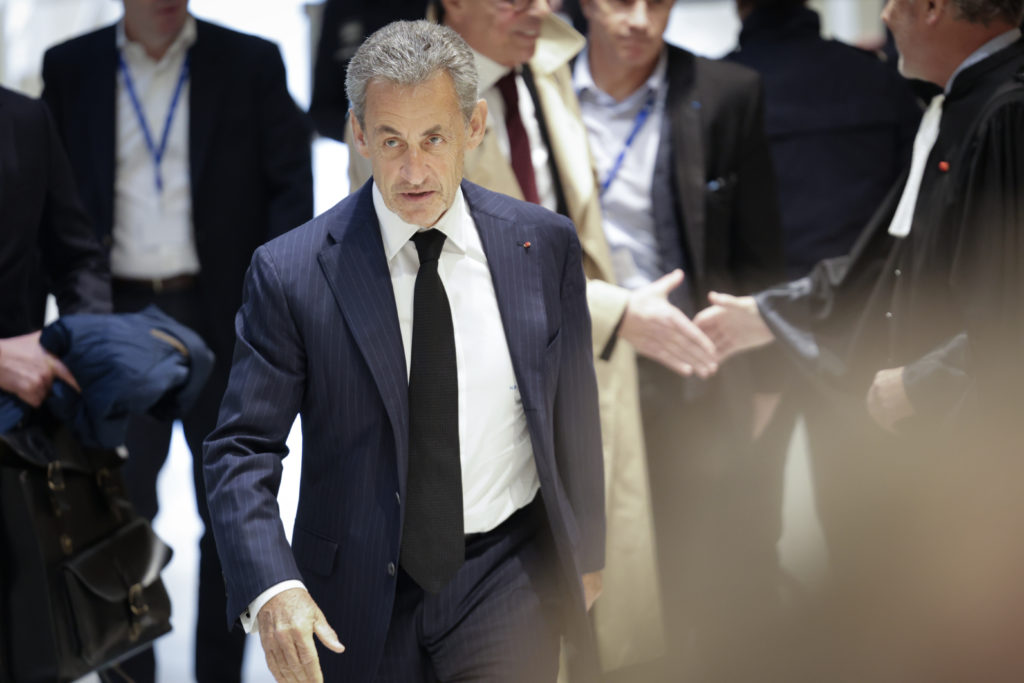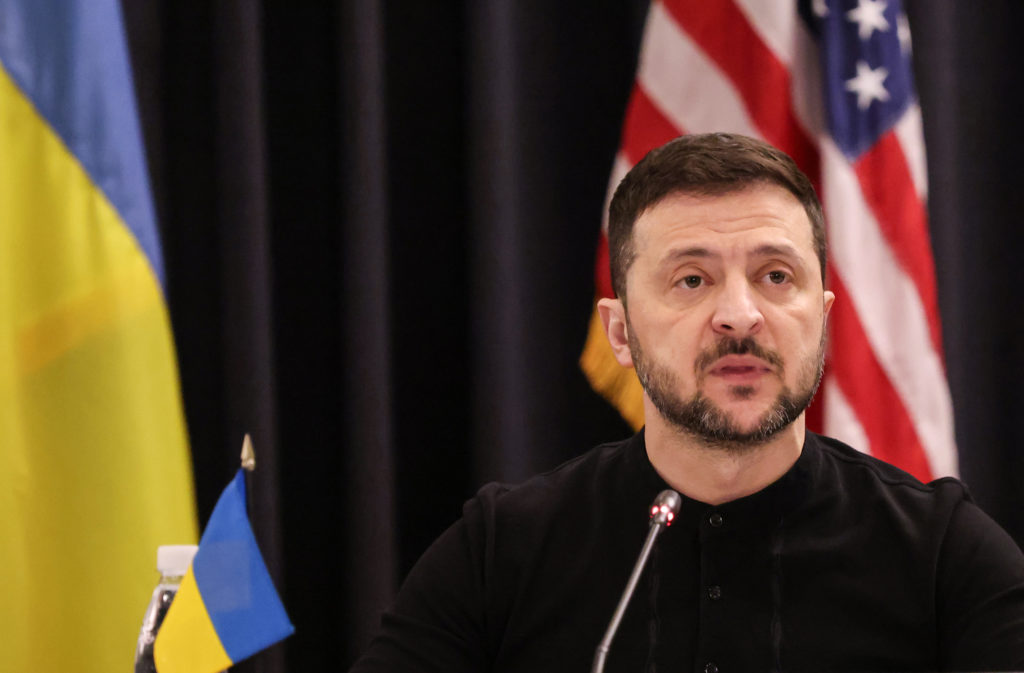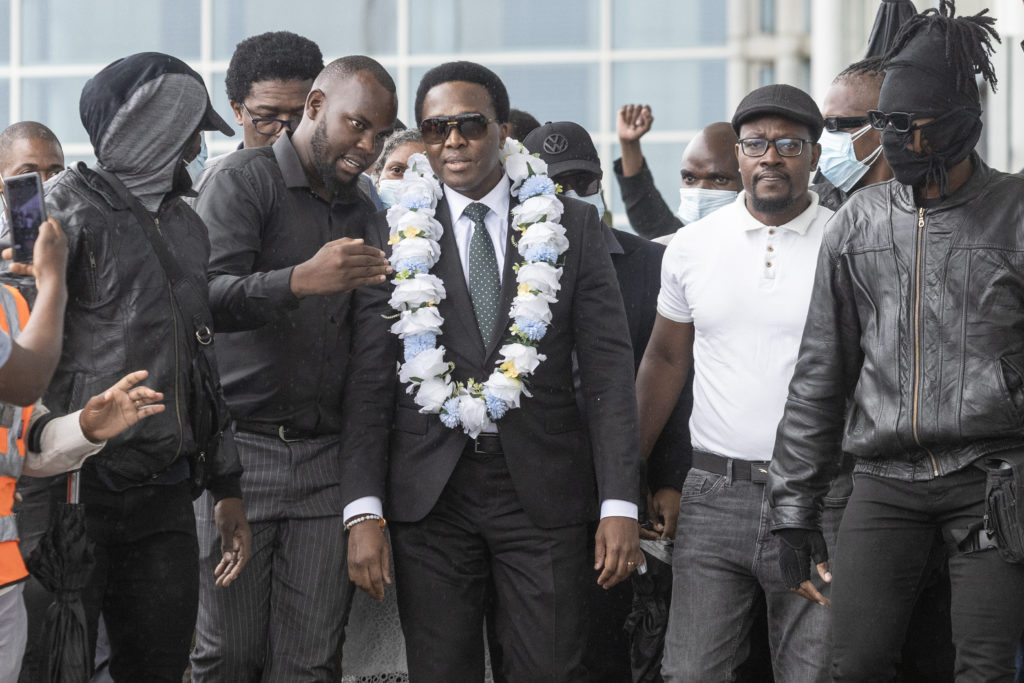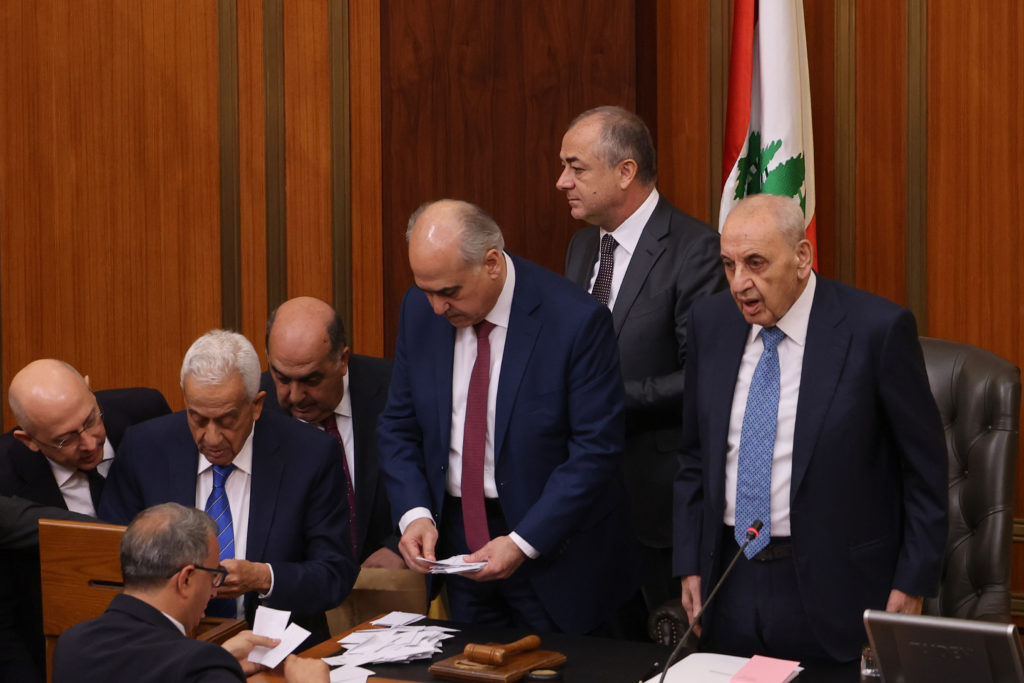Paul Rusesabagina, the “Hotel Rwanda” hero who became a fiercely outspoken government critic, was sentenced on Monday to 25 years in prison on terrorism charges after what his supporters labelled a politically motivated show trial.
He was convicted by a high court in Kigali of involvement in a rebel group blamed for deadly gun, grenade and arson attacks in Rwanda in 2018 and 2019.
“He founded a terrorist organisation that attacked Rwanda, he financially contributed to terrorist activities,” Justice Beatrice Mukamurenzi said at the end of a seven-month trial.
Rwandan prosecutors had sought a life sentence for the 67-year-old former hotelier who is credited with saving over 1,200 lives during the country’s 1994 genocide, and whose actions inspired the Hollywood film.
But Mukamurenzi said the penalty “should be reduced to 25 years” as it was his first conviction.
Neither Rusesabagina nor his lawyers were in court for the ruling, which his family — who have voiced concerns about his health — warned could see him die in jail.
The 20 co-defendants, who appeared in court handcuffed and wearing pink prison uniforms, were given sentences ranging from three to 20 years.
Rusesabagina, who used his fame to denounce Rwandan leader Paul Kagame as a dictator, has been behind bars since his arrest in August 2020 when a plane he believed was bound for Burundi landed instead in Kigali.
His family say Rusesabagina was kidnapped and had rejected the nine charges against him as payback by a vengeful government for his outspoken views.
Earlier this month, Kagame dismissed criticism of the case, saying Rusesabagina was in the dock not because of his fame but over the lives lost “because of his actions”.
– ‘Indisputable evidence’ –
The trial opened in February but the Belgian citizen and US green card holder boycotted it since March, accusing the court of “unfairness and a lack of independence”.
The United States — which awarded Rusesabagina its Presidential Medal of Freedom in 2005 — as well as other governments and rights groups had voiced concerns about his transfer to Rwanda.
On Monday, Washington and Brussels both said they were concerned that Rusesabagina was denied a fair trial.
“The reported lack of fair-trial guarantees calls into question the fairness of the verdict,” US State Department spokesman Ned Price said in a statement, citing objections raised by Rusesabagina over access to his lawyers.
Belgium’s foreign ministry said that despite appeals from Brussels, “Rusesabagina did not benefit from a fair and equitable trial”.
“The presumption of innocence was also not respected. These elements de facto call into question the trial and the verdict.”
Kagame’s government accused Rusesabagina of belonging to the National Liberation Front (FLN), a rebel group blamed for attacks in 2018 and 2019 that killed nine people.
He denied any involvement in the attacks, but was a founder of the Rwandan Movement for Democratic Change (MRCD), an opposition group of which the FLN is seen as the armed wing.
“MRCD-FLN committed terror acts. MRCD cannot be separated from military acts” of the FLN, said judge Mukamurenzi.
During the trial, his co-defendants gave conflicting testimony about the level of Rusesabagina’s involvement with the FLN and its fighters.
The Kigali government hailed the verdict, with spokeswoman Yolande Makolo tweeting: “The evidence against the accused was indisputable, and Rwandans will feel safer now justice has been delivered.”
– ‘Death sentence’ –
Rusesabagina was the former manager of the Hotel des Mille Collines in Kigali, where he sheltered hundreds of guests during the genocide that left 800,000 people dead, mostly ethnic Tutsis.
A decade later the American actor Don Cheadle played Rusesabagina, a moderate Hutu, in the Oscar-nominated blockbuster that brought his story to an international audience.
Rusesabagina soon became disillusioned with the new Tutsi-dominated government led by Kagame, the rebel leader-turned president whose forces ended the mass killings.
He accused Kagame of authoritarian tendencies and left Rwanda in 1996, living in Belgium and then the United States.
He used his global platform to crusade for political change in Kigali, and developed close ties with opposition groups in exile.
His family, who have campaigned globally for his release, say Rusesabagina is a political prisoner and accuse the authorities of torturing him in custody.
“The judges decided what the dictator wanted them to decide, we expected exactly that,” Rusesabagina’s daughter Carine Kanimba told AFP, later adding that his advanced age made the punishment “equivalent to a death sentence”.
“We fear that my father will be killed in prison,” she said.

